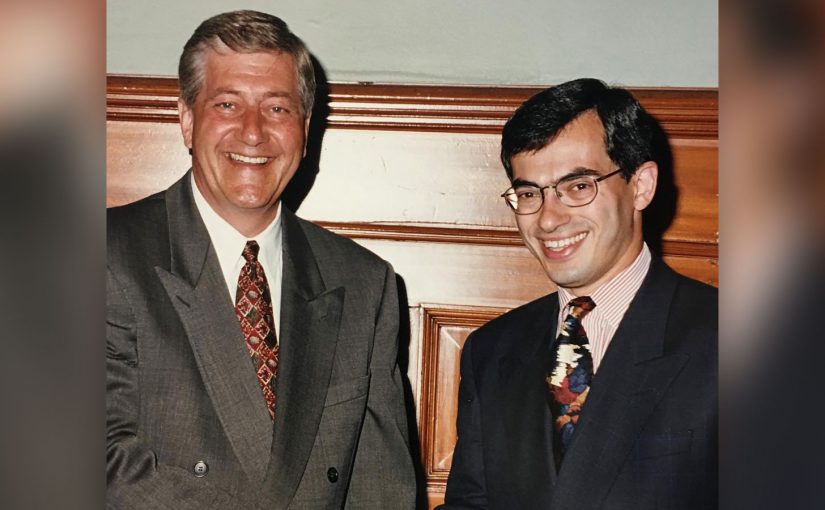Today I noticed a couple interesting things as I was meandering around the Internet. As I was googling on Google, I noticed some rather savvy/sneaky techniques used by Belinda Stronach, Stephen Harper and Tony Clement. It seems that if one searches for Tony Clement on Google, a Belinda Stronach ad is displayed as a Google advertisement off to the side. Similarly, if one searches Stephen Harper the very same thing happens; plainly and emphatically “Belinda Stronach campaign. Join. Recruit. Vote.” I found this little strategy to be a little amusing and to her campaign team’s credit, very clever. Out of the three, Belinda Stronach has the most polished website, with its very own blog and sophisticated recruitment program. Stephen Harper has a website which is decent in comparison while Tony Clement’s website is so very very basic. More interestingly is the backlash by the campaign team of Stephen Harper in response to the Google campaign of Belinda Stronach. When one googles Stephen Harper there’s the Belinda Stronach ad but under it is a much more interesting ad. It’s an ad that seems to point to the fake internet address “Shesabillionairedamnit.ca” with the tagline which says something like “She’s a billionaire damnit. Click. her. ads. waste. her. money”. When you click on the advertisement it redirects you to the campaign website of Stephen Harper.
Interesting indeed.
I wish that I had gotten a screen shot because when I reloaded the Google search in disbelief, the Shesabillionairedamnit ad had disappeared. Maybe my clickthrough on the google ad had capped-off the ad’s daily spending limit? Anyways, is this a sign that Stephen Harper’s team is feeling a little heat from Belinda Stronach? I wish that I had gotten a screen shot because when I reloaded the Google search in disbelief, the Shesabillionairedamnit ad had disappeared. Maybe my clickthrough on the google ad had capped-off the ad’s daily spending limit? So, a google war between Stephen Harper and Belinda Stronach. We’ll just see how much of an effect these internet campaigns will have on the leadership race.
Oh, and Tony: Really! Please do something about your website!

